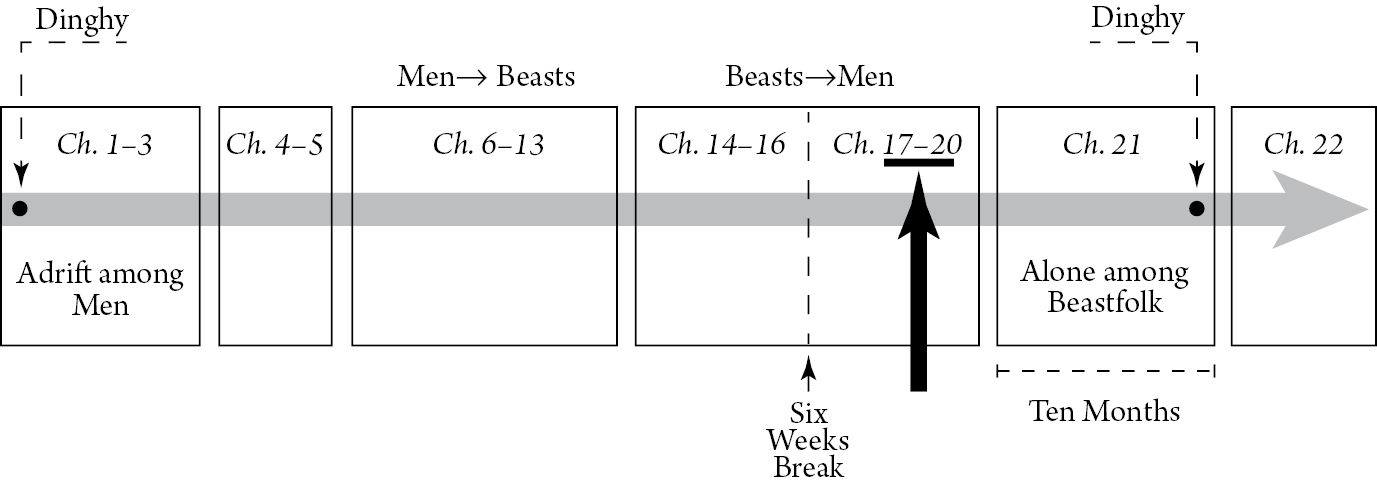
For the world is Hell, and men are on the one hand the tormented souls and on the other the devils in it.
—Arthur Schopenhauer, “On the Sufferings of the World,” in Parerga and Paralipomena,1 p. 48
We enjoy a safe distance from the intensity of nineteenth-century debates. Who cares whether Empire Brits got their panties in a wad over “man came from monkeys,” or “vivifying forces?” The same can’t be said, though, for the same attention turned toward our social constructs: the presumed foundations of our laws, the sense of right and wrong that comes from convention and from struggling with convention, and how all this relates to one’s personal experience, emerging convictions, and sense of agency. Placing these in the context of human-as-animal sets off modern professional intellectuals such that poor old Samuel Wilberforce looks like a paragon of restraint, or worse, brings new Spencers out of the woodwork.
As with all the best taboo topics, the meat-and-bones of human society is functionally invisible. The real questions are never asked. What are societal values, religious or otherwise, even for? Does crime defy or disorder a community, or is it part of it? Is there actually such a thing as “an economy?” Is there such a thing as “high” and “low” social conduct? More harshly, how come whatever we do never works as advertised?
Intelligence is not the key. Human symbolic or logical construction is supposed to encourage better human action, whether individual or collective, but it may be that assigning meaning to things and being moved by it does not itself have much meaning. Morality is not the key. Human moral action is supposed to have access to the genuinely cosmic and practical right thing to do, but it may be that experiencing and muddling through moral situations does not yield or reveal a higher good.
Finally, then, what sort of social animal are we? An ideal or maximally functional social order is supposed to exist, which we can find if we think hard enough or try hard enough or educate hard enough or kill enough of the people we don’t like, but it may be that organizing social institutions does not result in, or even has nothing to do with, a systemic or advanced society. We may not even have a civilization distinct from mammalian socializing, merely a technological elaboration of it.
No wonder Prendick comes to hate the Beast Folk so much. Their existence commits the unforgivable act of asking and partly answering these questions.
1.Arthur Schopenhauer, “On the Sufferings of the World,” in Parerga and Paralipomena, 1851, published as Essays and Aphorisms, edited by R. J. Hollingdale, Penguin Books, 1970.